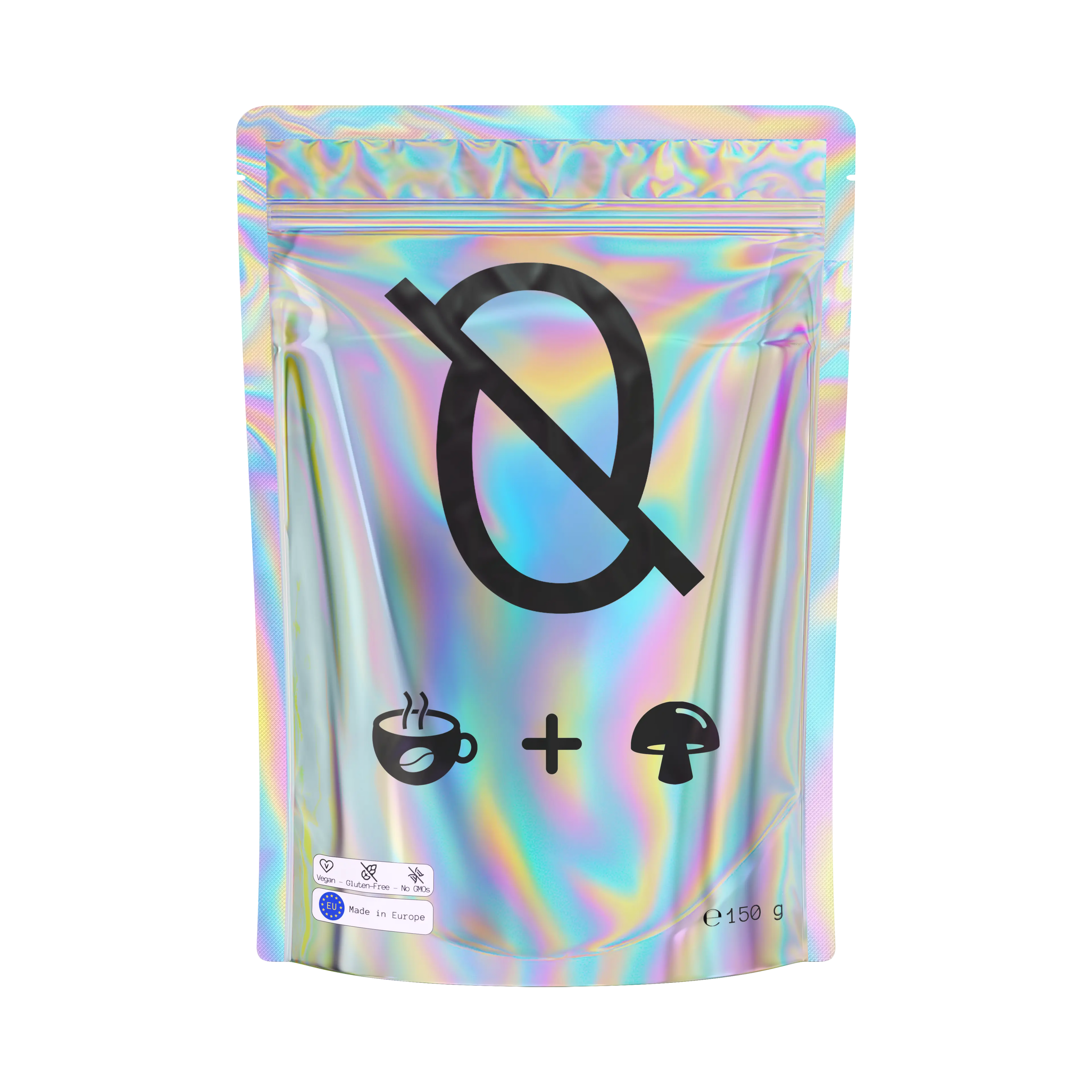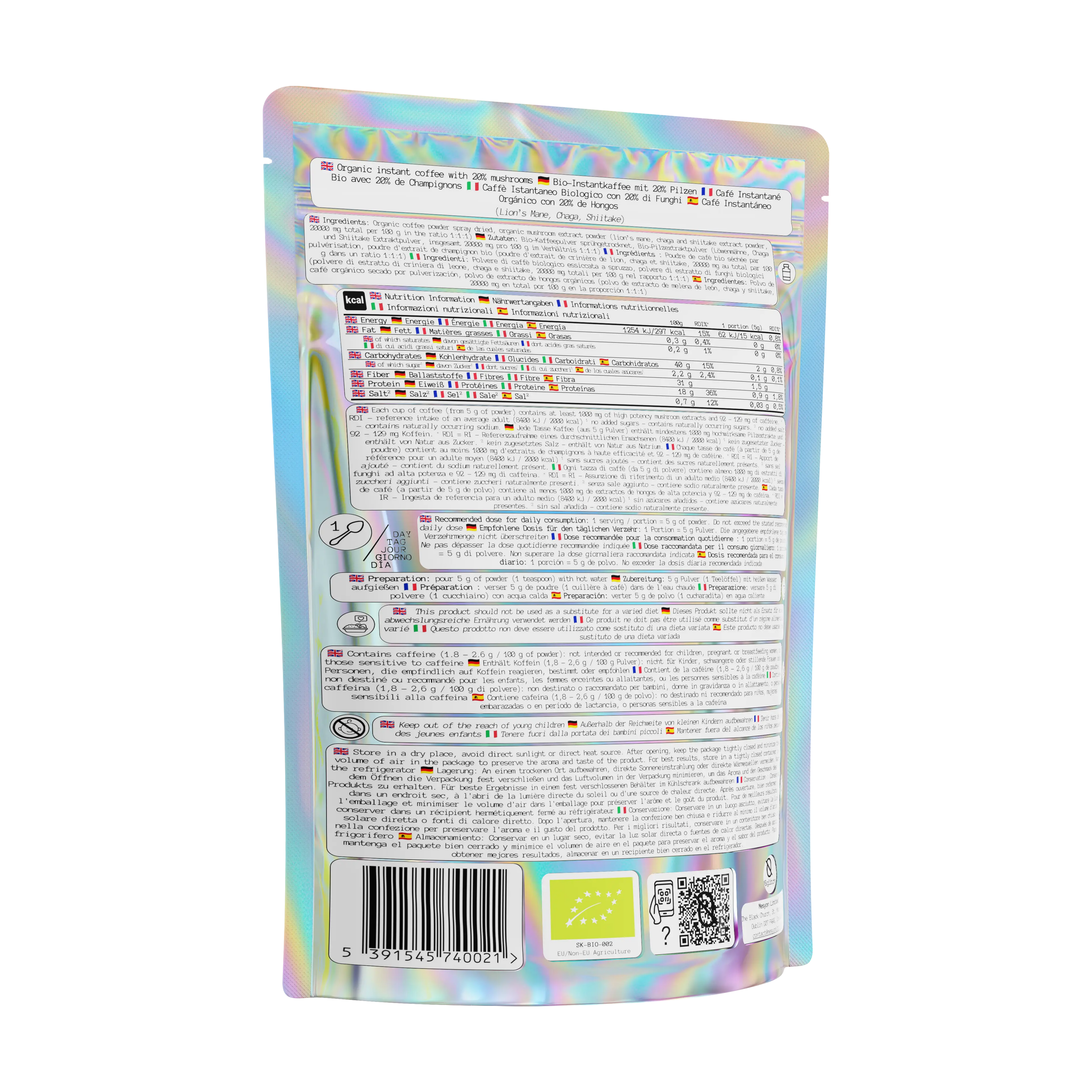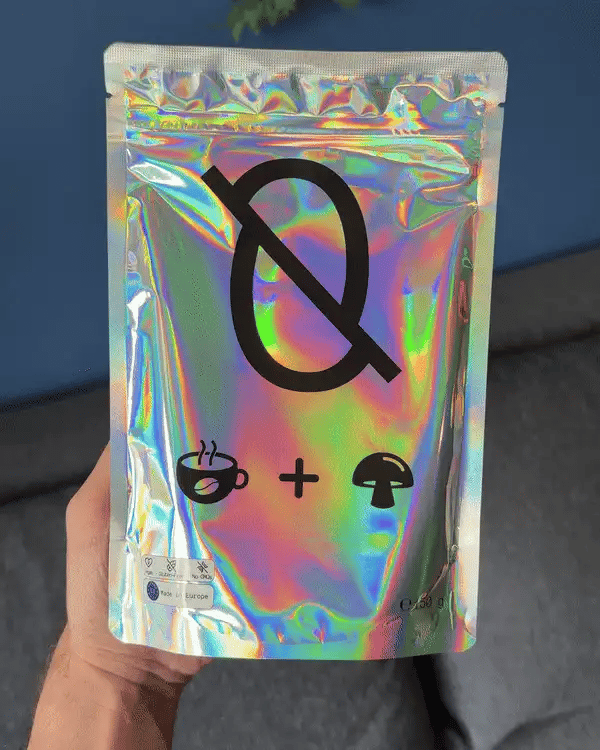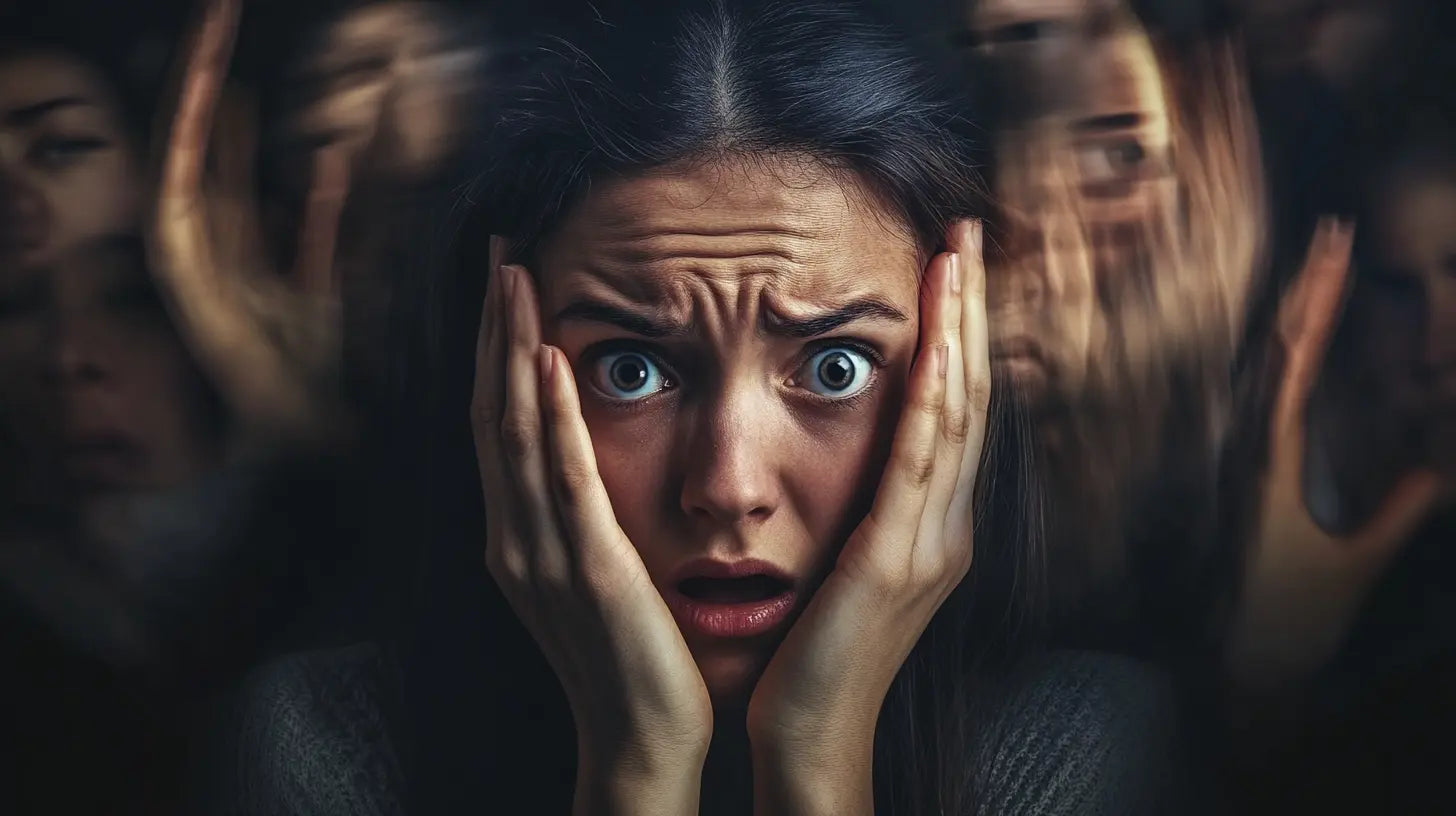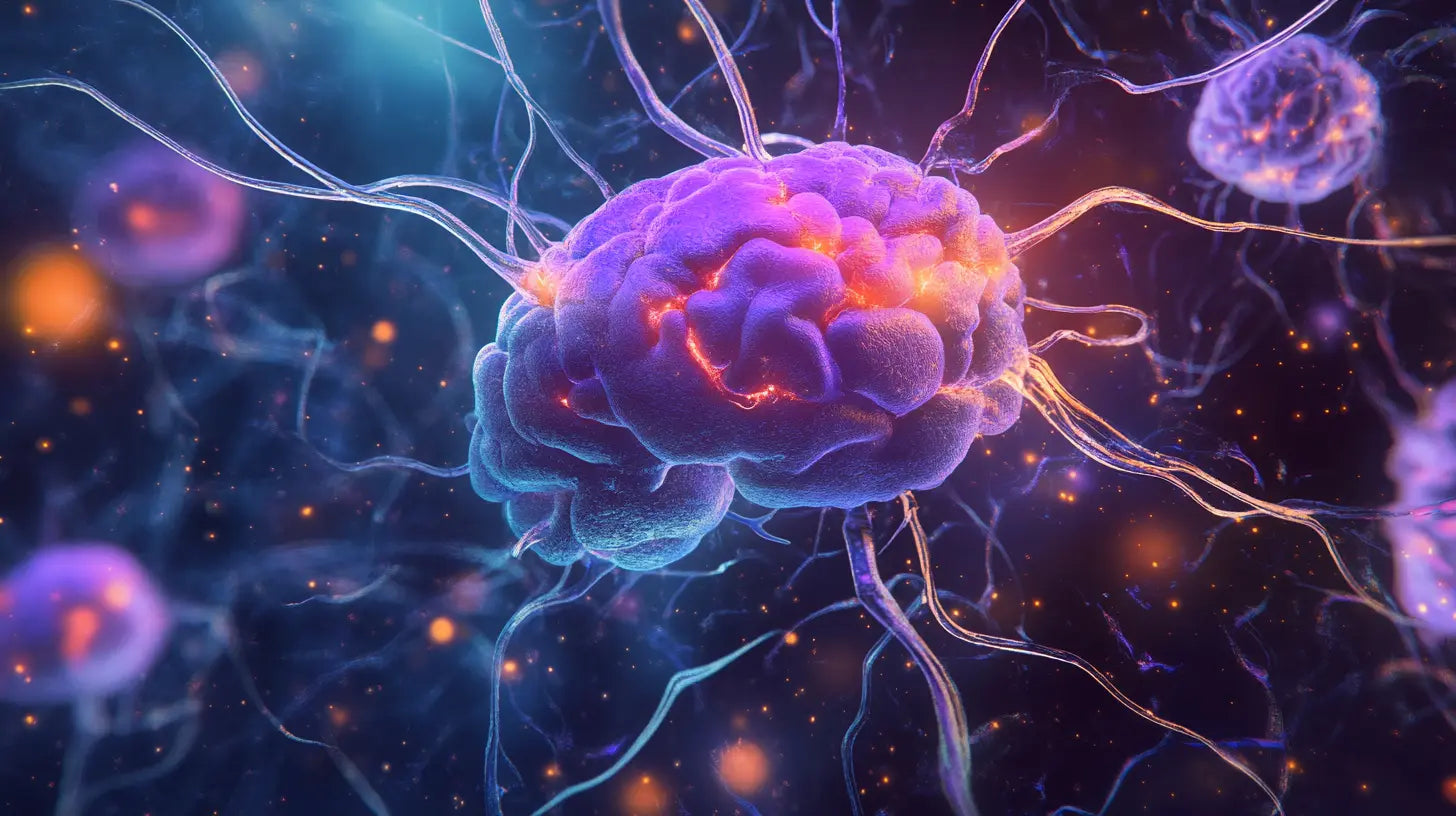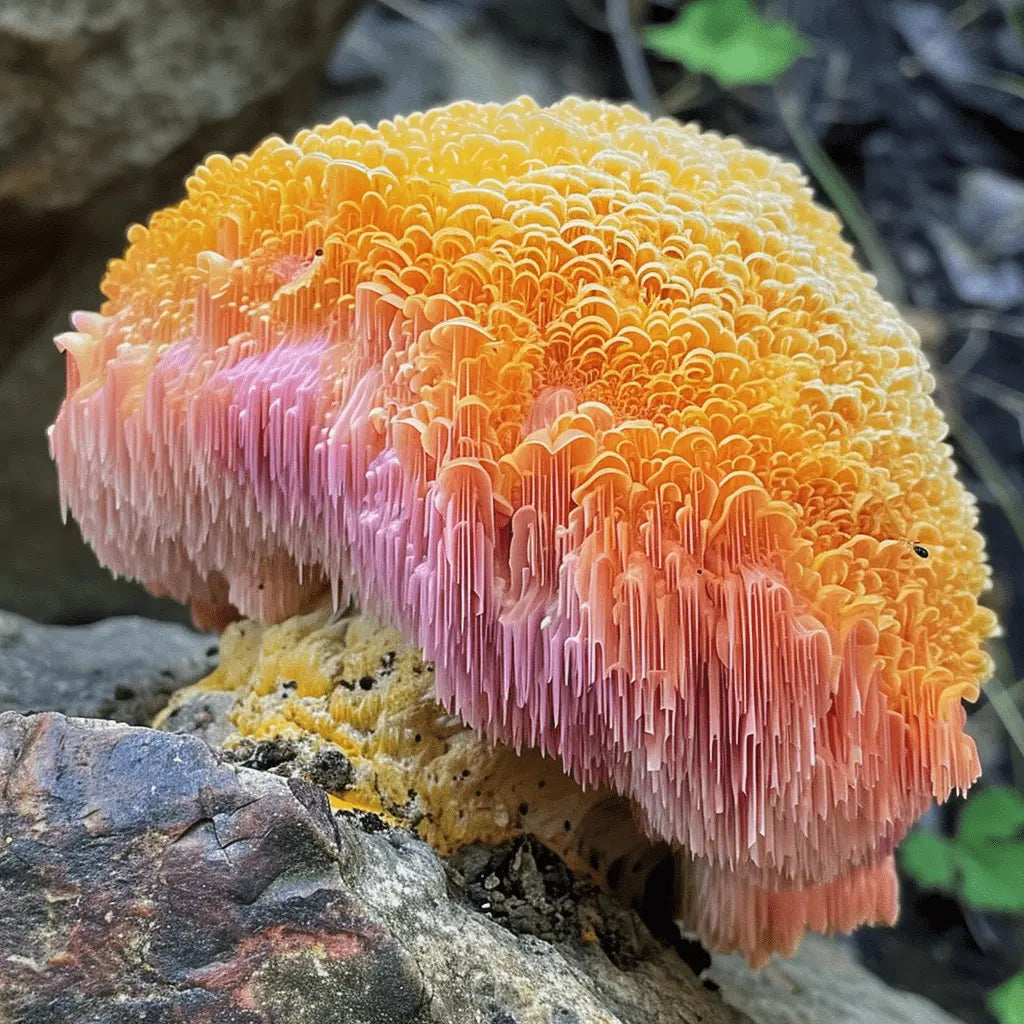
Exploring the psychedelic properties of lion's mane mushroom
Lion's Mane mushroom (Hericium erinaceus) has recently gained significant popularity due to its range of potential health benefits including improving cognitive function, reducing inflammation, and boosting immunity. As more consumers seek alternative remedies for various conditions, it has become essential to investigate all aspects of the mushroom. One such aspect is whether lion's mane possesses psychedelic qualities.
The science behind Lion's Mane
Lion's Mane mushroom contains a rich array of bioactive compounds which are responsible for its many therapeutic properties. These compounds include polysaccharides, beta-glucans, triterpenes, hericenones, and erinacines. Scientific research has shown that some of these compounds can enhance memory and neuronal growth, reduce anxiety and depression symptoms, and provide support for gut health.
Psychedelic compounds: A Comparison
To understand if lion's mane has psychedelic properties, it is crucial to compare its active compounds to those found in known psychedelic substances. Psilocybin mushrooms (also known as magic mushrooms) contain the compound psilocybin, which breaks down into psilocin within the body and subsequently exerts psychoactive effects by activating specific serotonin receptors in the brain.
On the other hand, the primary bioactive compounds found in lion's mane are hericenones and erinacines, both of which have demonstrated neuroprotective and neuroregenerative activity but do not interact with serotonin receptors in the same manner as psilocybin. There is no scientific evidence to suggest that either hericenones or erinacines induce psychedelic experiences or mind-altering states comparable to those produced by psilocybin.
Evaluating anecdotal claims of lion's mane's psychedelic effects
Despite the lack of scientific evidence supporting the existence of psychedelic properties within lion's mane mushroom, some anecdotal reports claim that consuming the mushroom can produce mind-altering effects. These accounts often describe increased focus, enhanced creativity, and heightened sensory perception after ingesting lion's mane - however, these experiences may be attributed to the cognitive-enhancing and mood-boosting effects of the mushroom, rather than any genuine psychedelic properties.
The Placebo Effect
In assessing these anecdotal reports, it is crucial to consider the role of the placebo effect. The placebo effect occurs when an individual experiences real or perceived improvements in their health or wellbeing after receiving inactive treatment or a substance with no inherent therapeutic effect, simply because they expect that the treatment will work.
Given the increasing popularity of lion's mane and its reputed ability to improve cognitive function, it is plausible that some individuals who consume the mushroom with the expectation of experiencing a psychedelic trip may end up convincing themselves that they are undergoing such an experience, despite the lack of psychoactive compounds. Consequently, these accounts should be viewed skeptically when evaluating the purported psychedelic properties of lion's mane mushroom.
Dosage and potential side effects
While lion's mane mushroom has been consumed for centuries and is considered safe when used in moderate amounts, it is essential to recognize the possibility of side effects and adverse reactions, particularly in vulnerable individuals or at high doses. Reported side effects include gastrointestinal issues like diarrhea, bloating, and gas, which are generally mild and self-resolving.
Individual Sensitivity
It is also important to note that each individual's biological makeup and sensitivity to various substances can vary, leading some people to experience different or more potent effects from ingestion. While the chances of experiencing psychedelic symptoms after ingesting lion's mane are negligible for most individuals, a minority may report mild psychological changes due to their unique body chemistry. In these cases, it is advisable to consult a healthcare professional before consuming lion's mane or any other natural remedy.
Alternative sources of psylocibin-like properties
For those genuinely interested in exploring the potential benefits of psychedelics as alternative treatments for conditions like anxiety, depression, and PTSD, research suggests that psilocybin-containing mushrooms might be more fitting options, as they contain the requisite psychoactive compounds necessary to induce mind-altering experiences.
However, it is crucial to acknowledge the legal implications surrounding psilocybin use, as it remains a controlled substance in many countries around the world. Additionally, consuming magic mushrooms without appropriate guidance, preparation, and knowledge could lead to potentially dangerous or psychologically distressing experiences for some individuals.
The rise of microdosing
An approach growing in popularity among individuals seeking therapeutic value from psychedelics is microdosing, or ingesting minuscule amounts of psychedelic substances with the intent of experiencing minimal side effects and no perceptible hallucinations. Proponents claim that this practice can enhance creativity, problem-solving skills, and mood without interfering with daily activities or causing harmful long-term consequences.
In conclusion, while lion's mane mushroom does not contain psychedelic compounds similar to those found in psilocybin mushrooms, its well-documented cognitive-enhancing and mood-boosting effects make it an attractive option for those looking for natural remedies for various conditions. Nonetheless, both anecdotal claims and potential side effects should be carefully considered when deciding whether to incorporate lion's mane into one's health regimen.
0 comments
Disclaimer
The information in this article is for educational and informational purposes only. If this article discusses psychedelics, supplements, or wellness practices, it is not intended to promote, endorse, or encourage illegal activities or unverified health claims.
n0glitch does not sell or distribute psychedelic substances and does not provide medical, legal, or professional advice. Always consult a qualified healthcare provider before making health-related decisions.
Laws regarding psychedelics and supplements vary by country and region. Please research and comply with local regulations.

